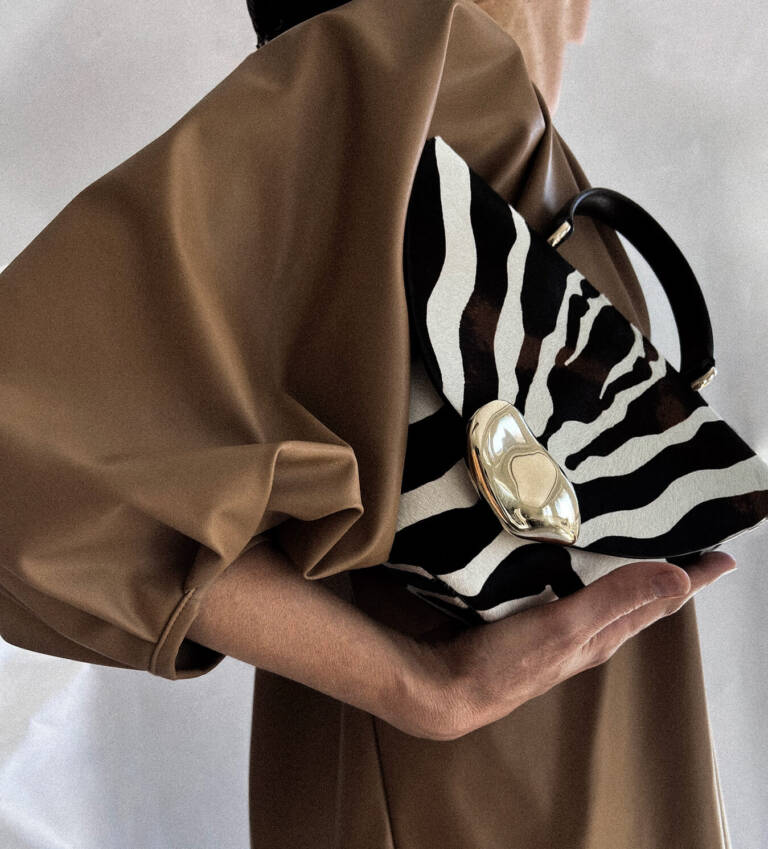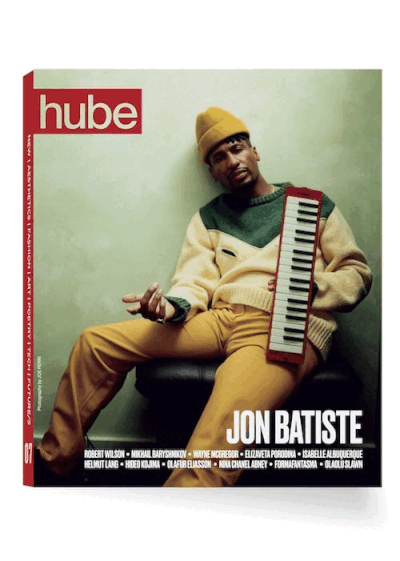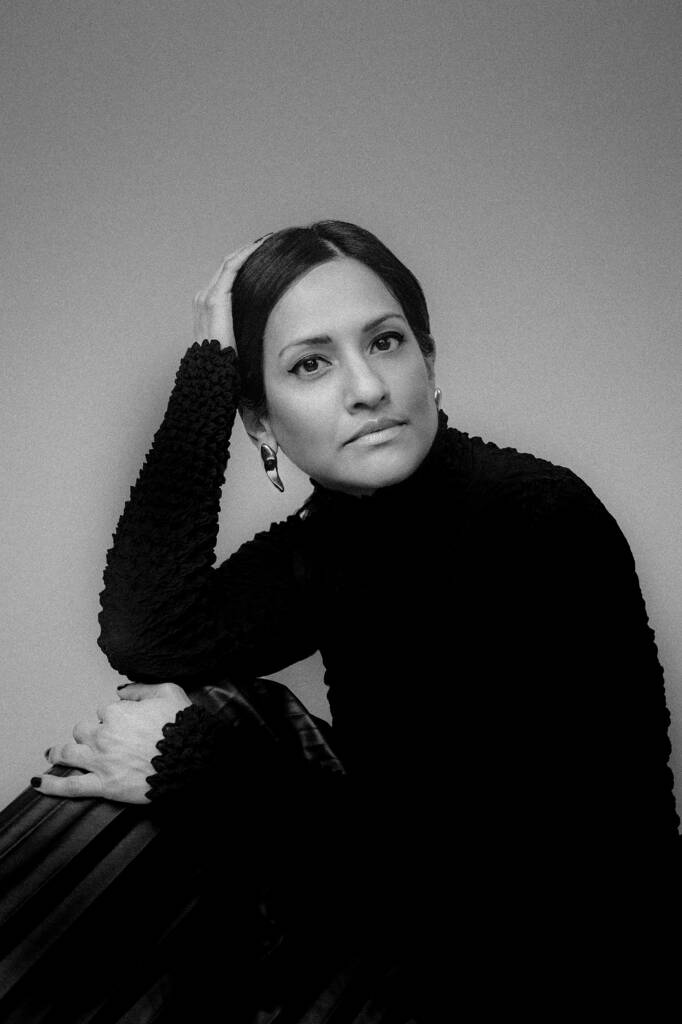
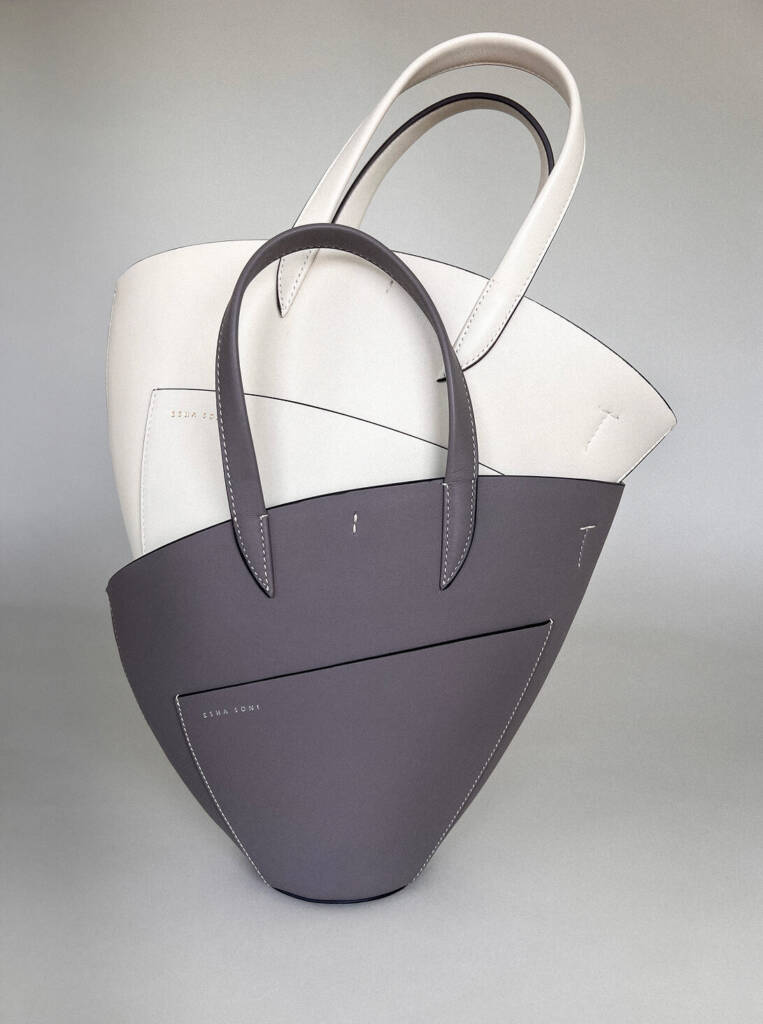
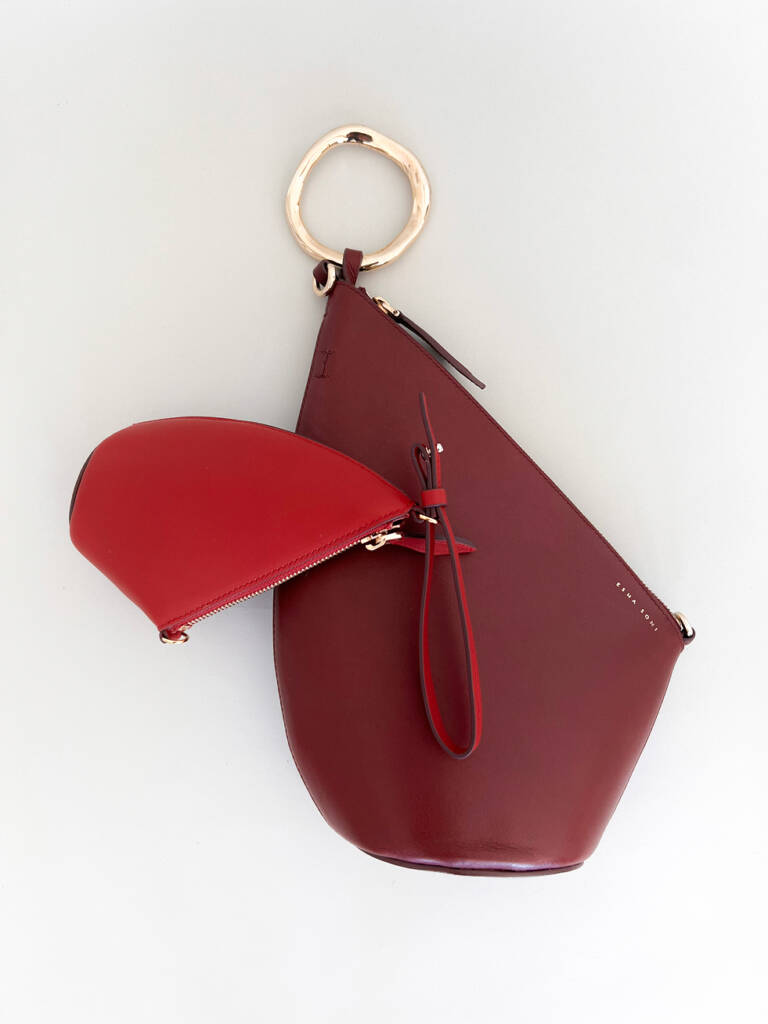
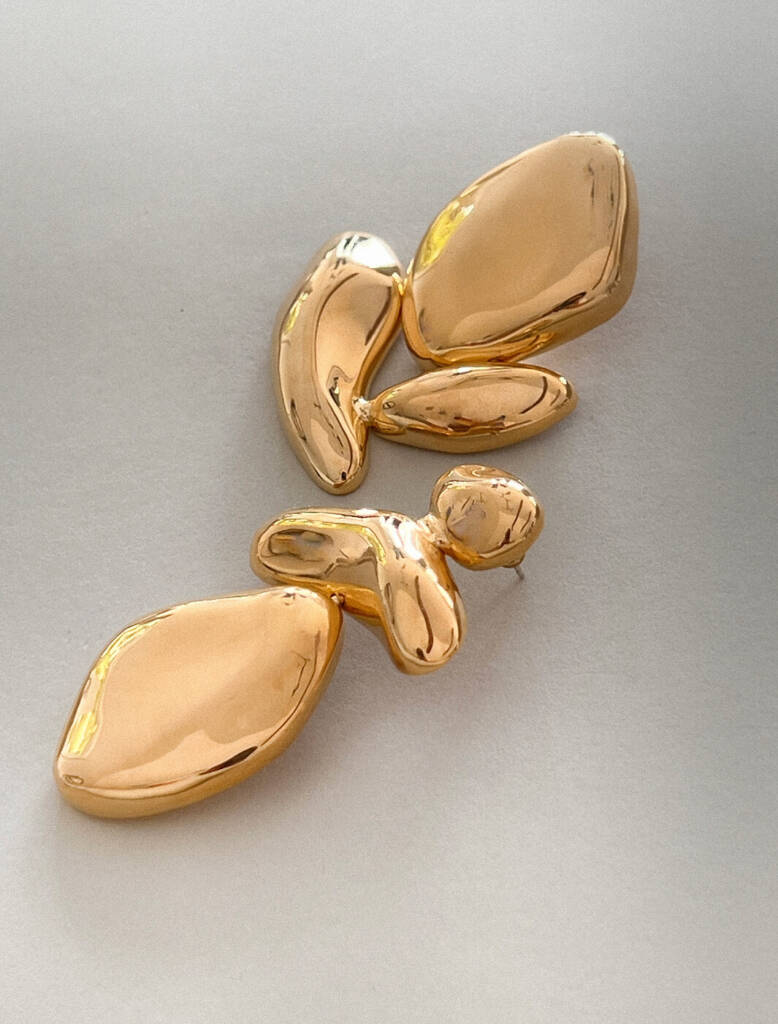
Designer and recipient of the US Fashion Trust Accessories Award, Esha Soni has built her business on the principles of intentional and virtuous work. After contributing to the growth of renowned brands such as Michael Kors, Proenza Schouler, and Ralph Lauren, Soni launched her own label—embedding philanthropy and fashion sustainability into its very foundation. Her company is guided by a series of moral commitments: creating a foundation to support the education of underprivileged children in India, pledging sustainable supply chains, and ensuring the fair treatment of workers. This prioritisation of morality serves not only as a compass for the company but also as a true reflection of Soni herself. Delicate yet strong, with refined metalworking and innovative silhouettes, her designs speak for themselves—telling a story of craft, intention and a commitment to bettering the world along the way.
hube: When beginning any process of creation, what is the first step? Is it conceptual, emotional, or material? How do you know when you’re ready to begin?
Esha Soni: The process of creation is the most revered part of the journey—the true starting point. I approach it in a deeply intuitive way, led by what I find myself emotionally responding to. It could be a shape, a form or a colour story. From there, the journey begins—research, sketching, designing and collaborating closely with our skilled artisans to explore the most refined technical ways to bring the vision to life.
hube: Do you see your work as closer to fashion, sculpture, or something else? How do you define your practice in your own words?
ES: I don’t really view my work as fashion. I’m intentionally creating objects that are timeless and transcend trends. Fashion, by nature, is cyclical. What I’m building is a foundation of enduring pieces—sculptural yet functional—that stand as pillars in a wardrobe, designed to last and be appreciated over time.
h: Styling is often described as a kind of mathematics—where each element needs to balance the others. Within your brand, Esha Soni, what kinds of formulas or internal logic do you find yourself relying on? Do you approach creation intuitively, analytically—or both?
ES: My process isn’t mathematical—it’s entirely intuitive. I lead with feeling rather than analysis, guided by emotion more than logic.
h: Having grown up in Mumbai and now living in New York, you’ve inhabited two cities known for their relentless pace and energy. How has this duality shaped your worldview, your creative process, and even your idea of “home”?
ES: Ironically, having grown up in Mumbai and spent my adult life in New York, I’ve brought the opposite energy into my work—the ethos of slow luxury. A slower, more mindful approach to creation and consumption. Esha Soni is rooted in this philosophy: craftsmanship and an old-world idea of having less, but having the right things. I’m averse to the constant churn of ‘newness’ in the fashion industry. Instead, I focus on pieces that will never go on sale—pieces that are forever. I’m committed to building a brand anchored in that belief.
